Is CBD Legal in Every State: A Comprehensive Guide Across States
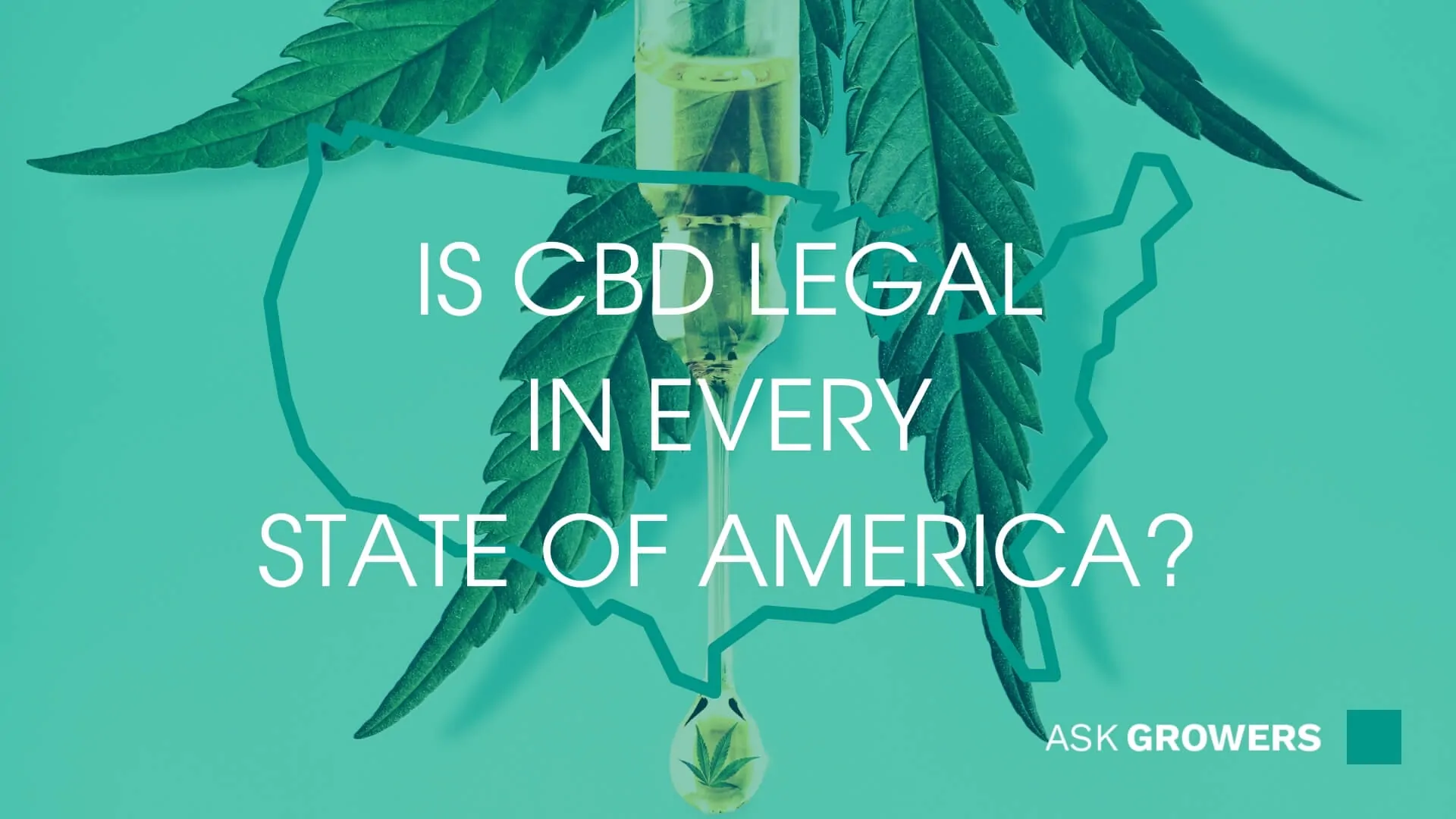
The popularity of products containing CBD has exploded in recent years. Today, they represent a multi-billion dollar market.
This industry generates much controversy because CBD is derived from cannabis plants that are illegal in most countries all over the world. The authorities of some states even suppress businesses that deliver CBD products and restrict their usage by people who need them.
The confusion about CBD appears mainly because some products are distributed by sellers that aren't coming from so-called approved sources. Thus, they might impose danger on buyers.
Due to the study conducted at the University of Pennsylvania, it was suggested that approximately 70% of CBD products being sold online might be inaccurately labeled. What’s more, scientists have found out that nearly 18% of those CBD products contain high THC levels, which is not expected by users purchasing hemp oil. Hence, CBD must be regulated by the government.
Read Also: How Does CBD Work
How Hemp Became Legal
Hemp has one key difference from marijuana – its THC content doesn’t exceed 0.3%, which means that it has no psychoactive properties. For decades, it wasn’t differentiated from other cannabis plants by federal law and was illegal due to the Controlled Substances Act. But recently, hemp policy has been drastically transformed in the US.
In winter 2018, President Trump made a decision to sign the Farm Bill legalizing hemp. In other words, the new laws removed restrictions from the over-the-counter sales, transportation, and possession of products with hemp produced in the right way. This means that now hemp cultivation is allowed for commercial and other purposes.
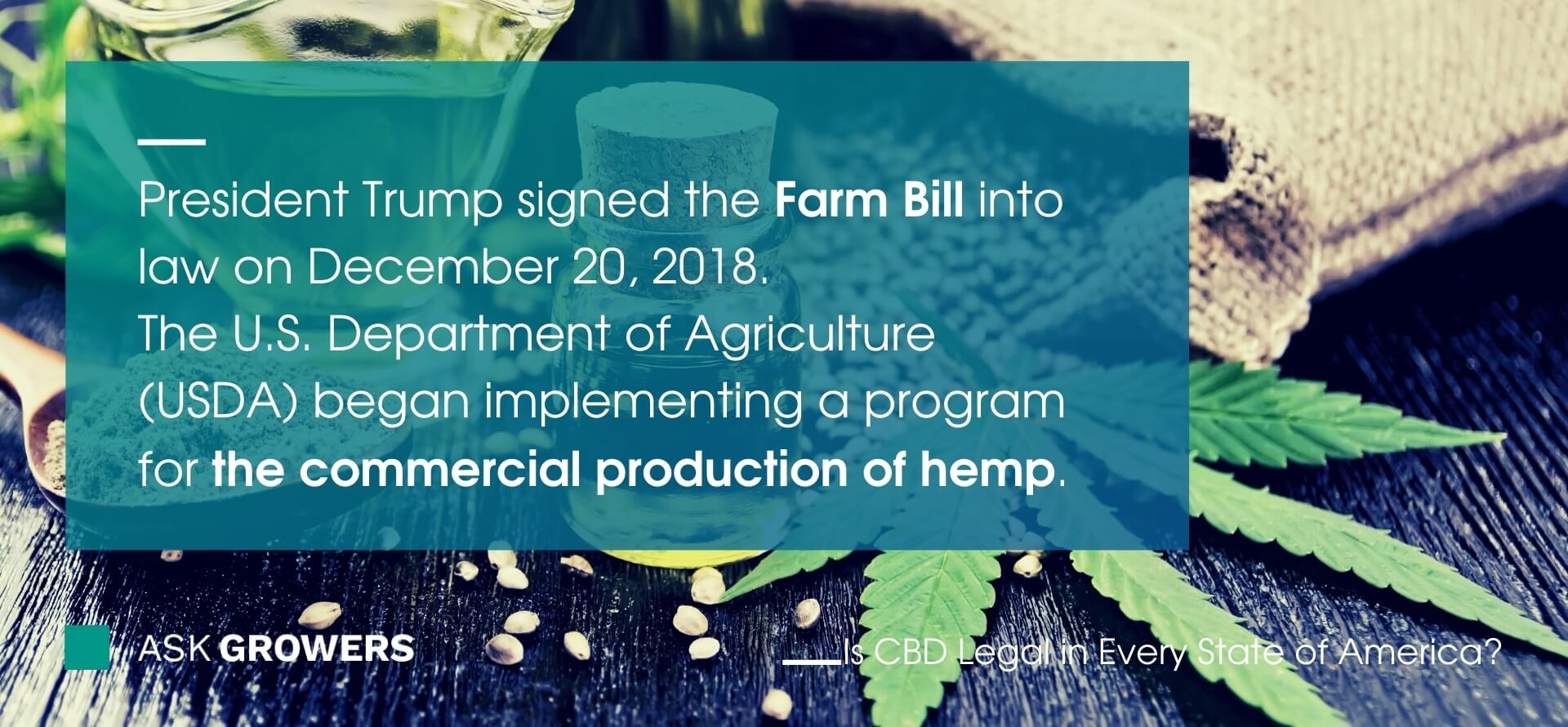
It’s important to note that there are still numerous restrictions for those who are going to grow hemp under federal law. For instance, state departments of agriculture have to consult with the state’s governor in order to devise a plan submitted to the Secretary of USDA. Also, as mentioned above, there is a limit of THC allowed in a plant.
The American Food and Drug Administration is aimed at improving the quality of marketed goods in order to protect the health of Americans. According to the FDA, there are still limited data about CBD safety. Moreover, these data point to some risks that should be considered before taking CBD. The FDA also claims that some CBD products being sold on the market are of unknown quality.
Amy Abernethy, who is Principal Deputy Commissioner of this organization, stated that experts are still not sure about the safety, and effectiveness of some goods containing CBD. Unfortunately, the Food and Drug Administration has approved only one CBD product, which is a drug that cannot be distributed without a prescription.
Where CBD Is Legal? (Legal Status in Each State)
The legality of CBD varies from state to state, which is quite confusing. Each of 50 states has its own CBD law, even though this substance has been legal since 2018 on a federal level (if it’s derived from hemp grown according to federal requirements). If you want to have more clarity about CBD legalization, take a look at the tables about CBD legal status in all states below.
States in Which CBD Is Illegal
| State | Legal Status | Limitations |
| Idaho | Illegal | CBD products in general illegal |
| Iowa | Illegal | Illegal (can be purchased with the permit of IDPH) |
| South Dakota | Illegal | Not legal with some exceptions |
States With Some Limitations for CBD
| State | Legal Status | Limitations |
| Maine | Legal | Allowed only if CBD is extracted from a licensed Maine hemp grower |
| Massachusetts | Legal | CBD food or beverages require purity testing |
| Kentucky | Legal | CBD tea not allowed |
| Connecticut | Legal | Food or beverage must be registered |
| Delaware | Legal | Hemp grower must be affiliated with Delaware State University |
| Rhode Island | Legal | Label guidelines are coming |
| Texas | Legal | Label guidelines are coming |
| Florida | Legal | Labeling is regulated |
| Indiana | Legal | Labeling is regulated |
| Louisiana | Legal | Many product restrictions |
| Colorado | Legal | No baked products |
| Alaska | Legal | No CBD-infused food or beverage allowed |
| Arizona | Legal | No food or beverage |
| Arkansas | Legal | No food or beverage |
| California | Legal | No food or beverage |
| Georgia | Legal | No food or beverage |
| Kansas | Legal | No food or beverage |
| Michigan | Legal | No food or beverage |
| Minnesota | Legal | No food or beverage |
| Montana | Legal | No food or beverage |
| Nebraska | Legal | No food or beverage |
| North Carolina | Legal | No food or beverage |
| South Carolina | Legal | No food or beverage |
| Washington | Legal | No food or beverage |
| West Virginia | Legal | No food or beverage |
| Wisconsin | Legal | No food or beverage |
| Nevada | Legal | No food or beverage. CBD sales allowed only in cannabis stores |
| Pennsylvania | Legal | No food or beverage; label regulations are coming |
| New York | Legal | No food or beverage; purity testing is required |
| Vermont | Legal | Not allowed to combine CBD with meat or dairy |
| Missouri | Legal | Only for individuals aged over 18 years old. State registration is needed for sales |
| Utah | Legal | Registration is required for sales |
| New Hampshire | Legal | Regulations coming |
| Oregon | Legal | Some label regulations are coming |
| Mississippi | Legal | The ratio of CBD: THC must be at least 20:1 |
| Maryland | Legal | Unclear |
States That Have No Limitations for CBD
| State | Legal Status | Limitations |
| Alabama | Legal | None |
| Hawaii | Legal | None |
| Illinois | Legal | None |
| New Jersey | Legal | None |
| New Mexico | Legal | None |
| North Dakota | Legal | None |
| Ohio | Legal | None |
| Oklahoma | Legal | None |
| Tennessee | Legal | None |
| Virginia | Legal | None |
| Wyoming | Legal | None |
Can CBD Be Taken Out of State?
As you may understand, state and federal laws regarding pure CBD sometimes contradict each other. According to the Farm Bill released in 2018, the states allow interstate transportation of CBD products. However, since most types of cannabinoid oil purchased by consumers are not produced under a federal regulatory program, the majority of states prohibit transporting hemp into their state. For example, Idaho and Nebraska have outlined that hemp transportation is against the law.
Hence, once you’ve chosen where to travel, you should check out local laws about cannabidiol.
Final Thoughts
The government regulation of CBD business is quite contradictory in the United States. It often causes confusion among manufacturers and CBD users because this substance is not only illegal in some states but also has some restrictions in most of them. No matter what purpose of using CBD you have, you must always check whether cannabidiol is legal in your region and what limitations it might have.
Sources
https://www.arkansasonline.com/news/2018/nov/11/cannabidiol-raises-legal-questions-2018/

 Guides
Guides
 CBD
CBD
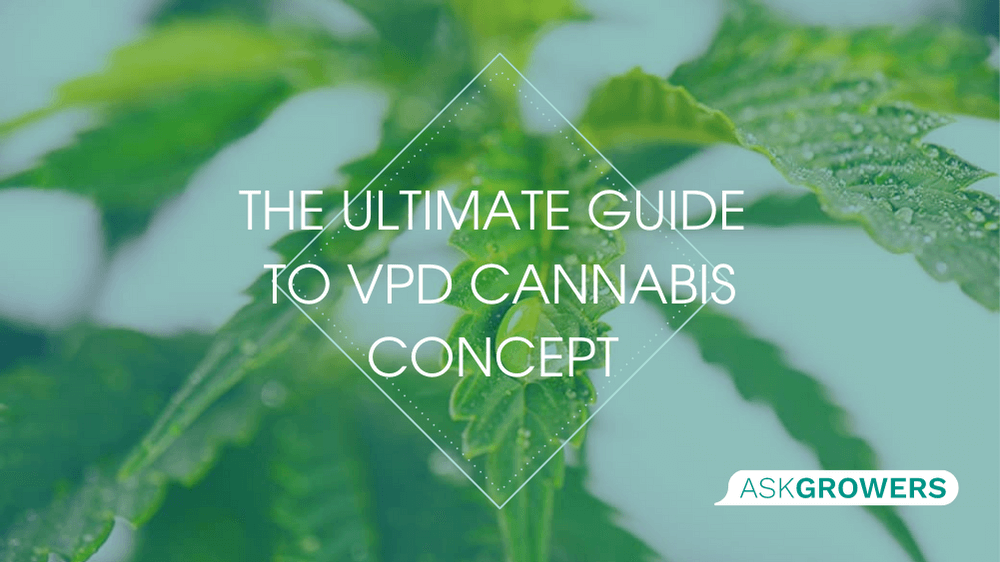
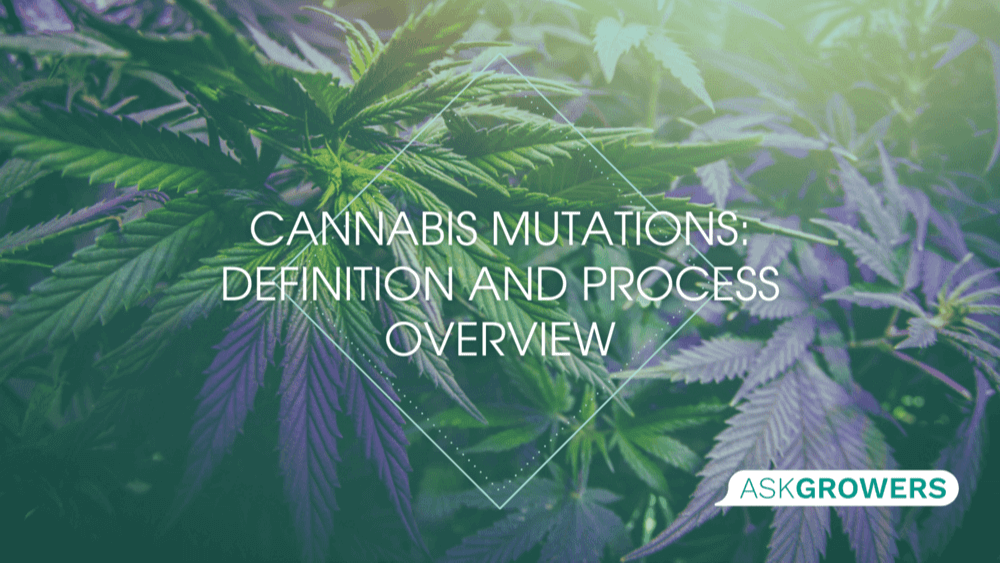
.png)
.png)
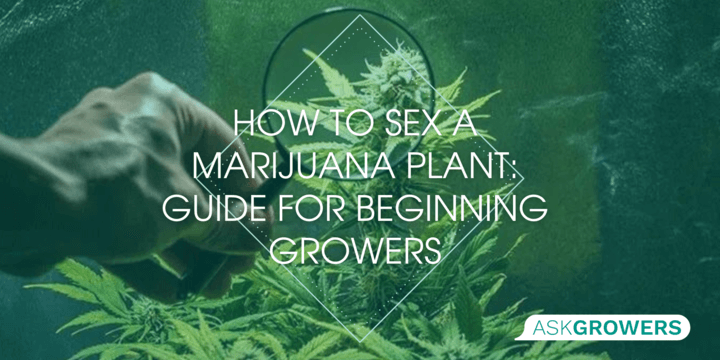
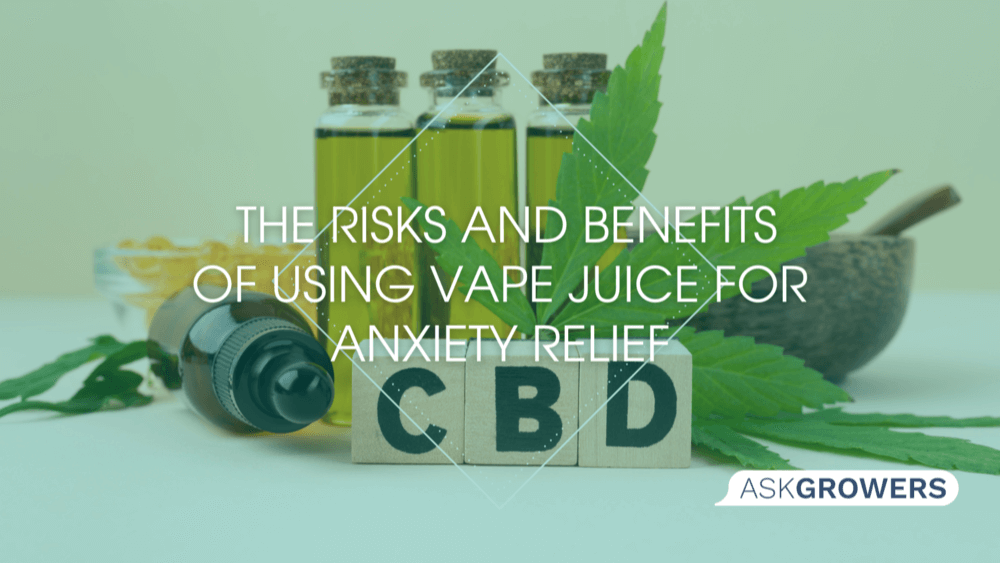
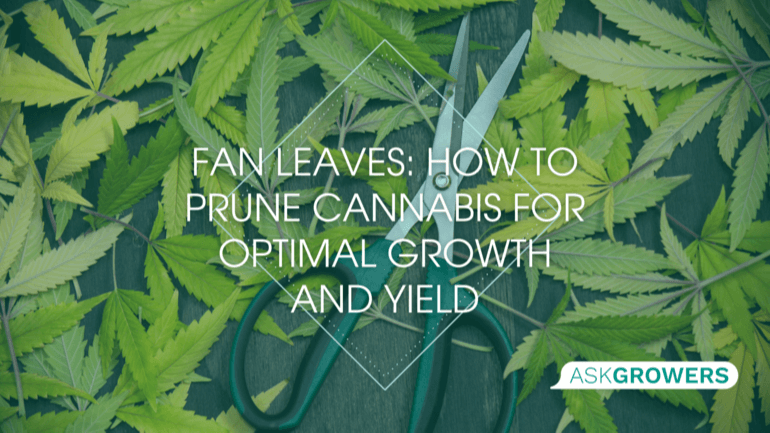
 (1).png)
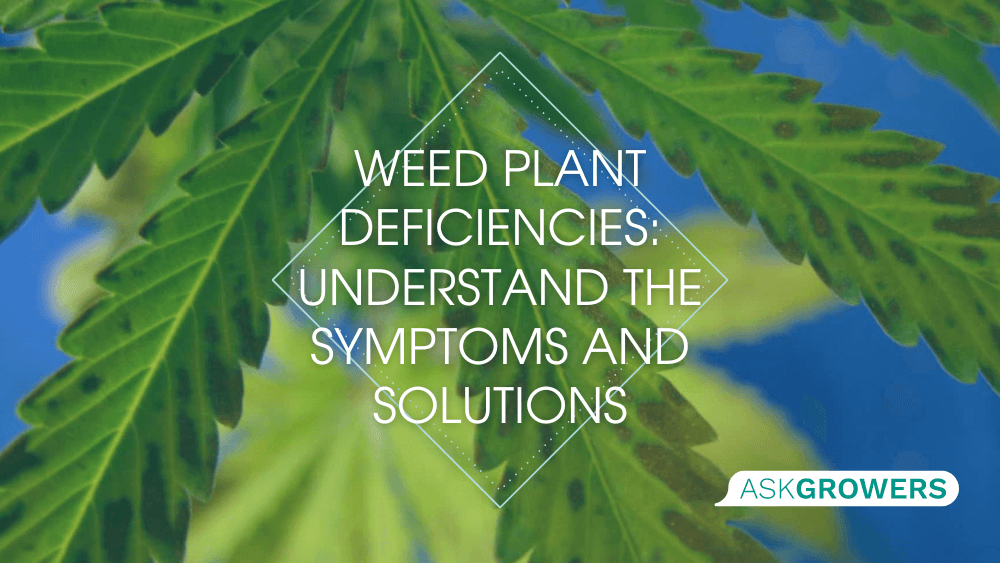
.jpg)
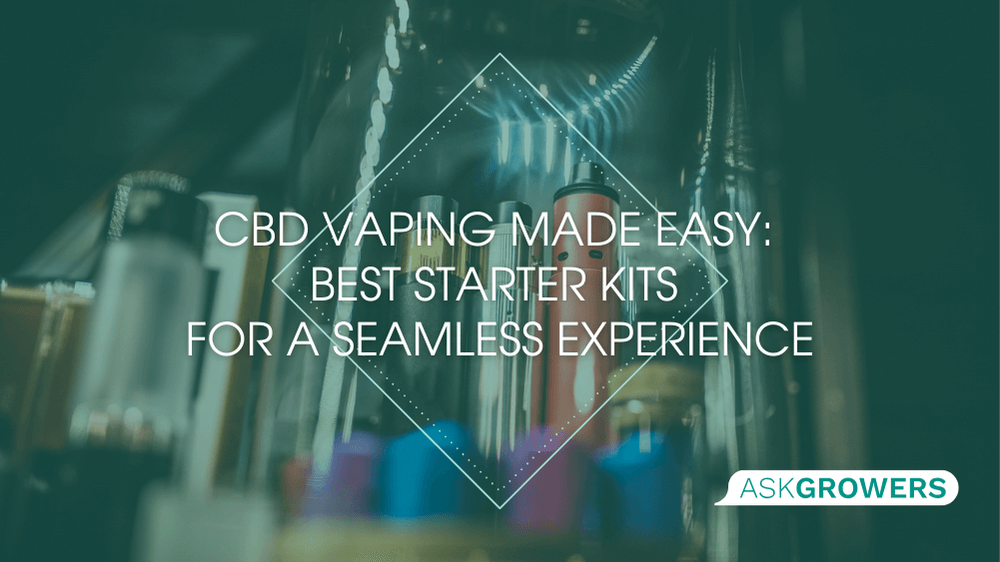
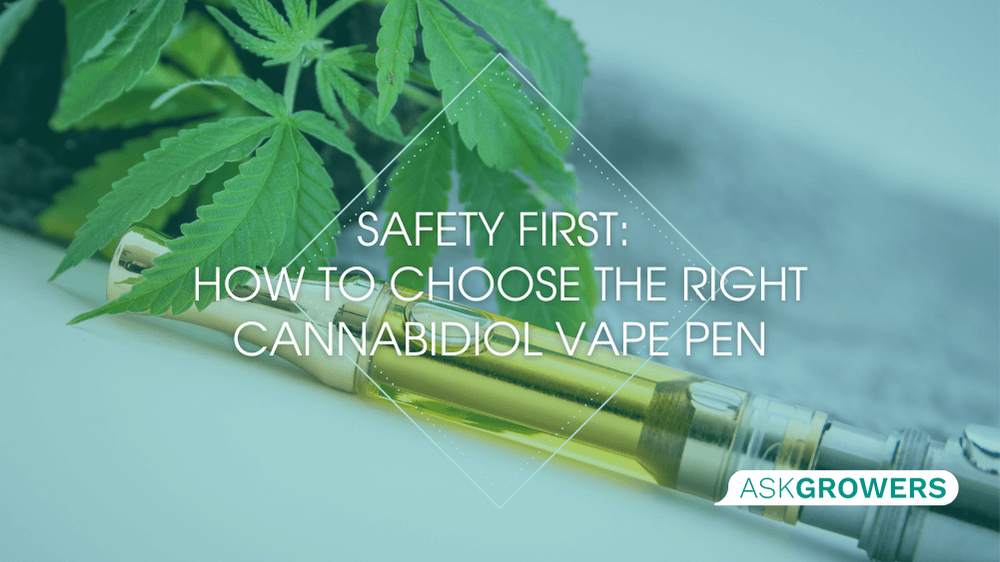
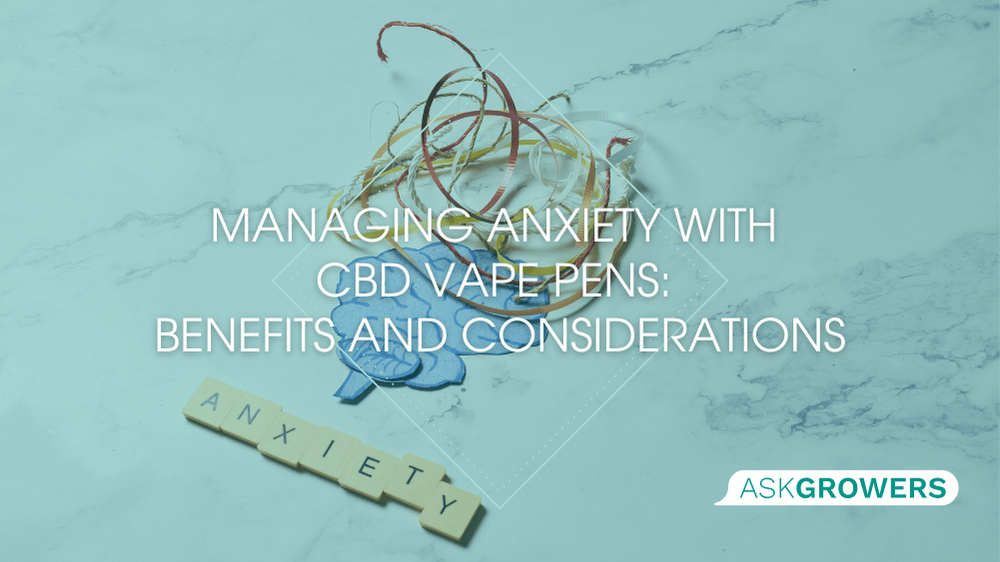
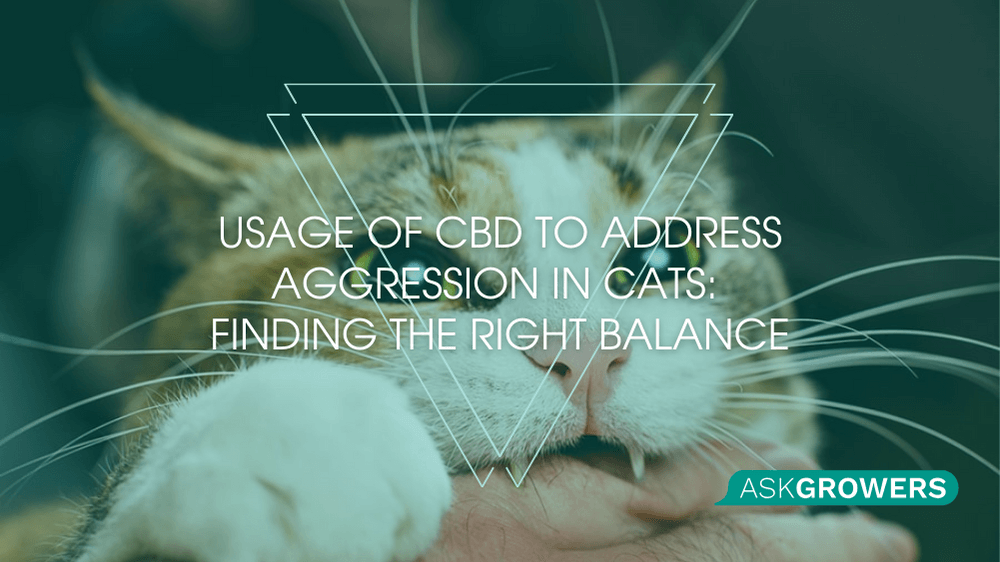
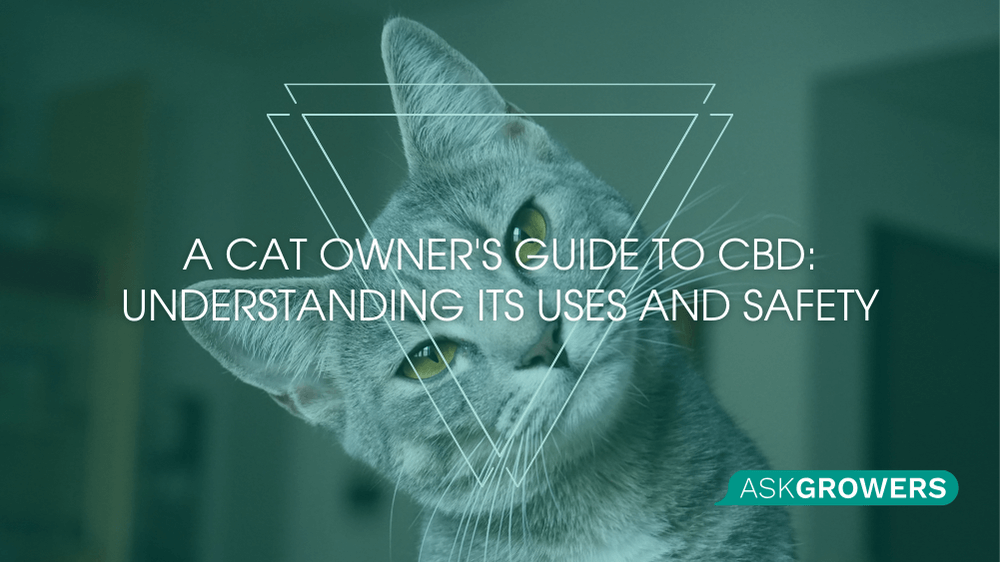
Be the first and share your opinion
Write a Review